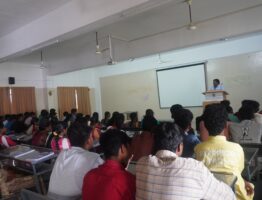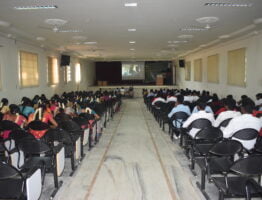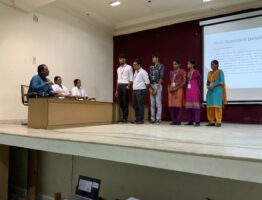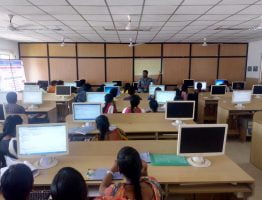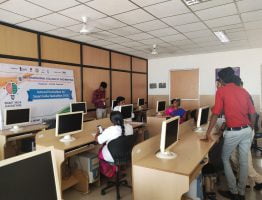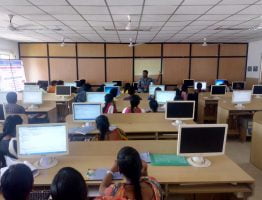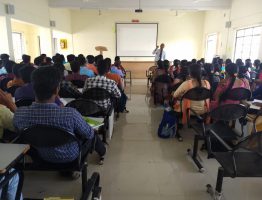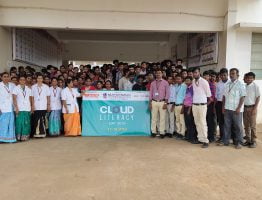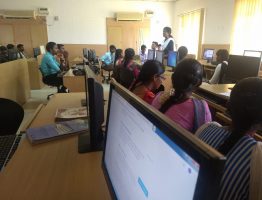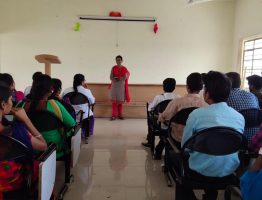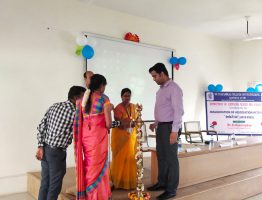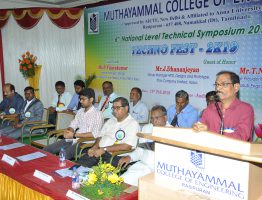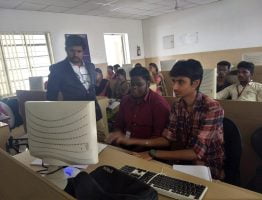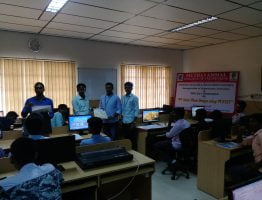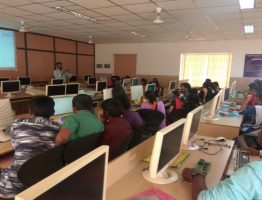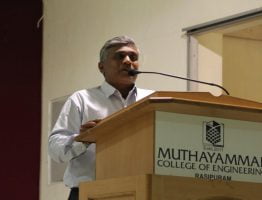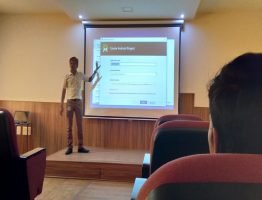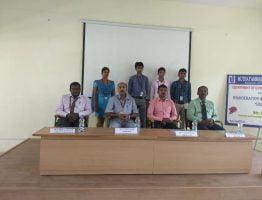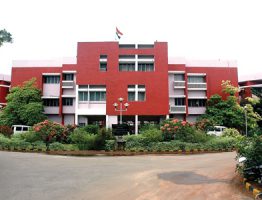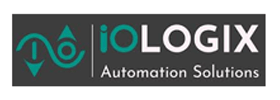 Overview
Overview
The department’s mission is to advance, evolve and enhance Computer Science and Engineering fundamentals to build the intellectual capital of the society. The Computer Science and Engineering department offers an overall course structure that provides a solid foundation for all basic parts of traditional (OS / Networks / DB) and modern (ML / Data Mining) aspects of computing. The curriculum is a blend of the conventional and the radical. The four year undergraduate programme in Computer Science is intended to train the students in both advanced areas in the core courses and specialized topics in the emerging technology. It is updated regularly to keep up with the growing demands and the changing trends of the software industry. Core education includes Programming Languages, Computer Architecture, System Software, Networking Technologies and Artificial Intelligence. Regular interaction with software companies has helped the department in maintaining its syllabus abreast with technology and industrial standards. Our endeavor is to produce the best computing technocrats to serve the growing needs of the country in the field of computing.
 Vision
Vision
- To provide dynamic and sensible engineers to meet the global needs in Engineering.
- To develop the student into a competent professional capable of encountering challenge in the changing world
- To Develop Academically Excellent, Highly Intellectual & Self Disciplined Engineering Graduates, catering the Needs of Our Nation and also mold them to Good Citizen Inculcated with the Spirit of Integrity and Morality.
 Mission
Mission
- To provide an outlook exposure of the changing world by encouraging the students to attend workshops and industrial implant training
- To provide a sound Knowledge in Communication and Innovative thinking and also by conducting Personality development training classes.
- To provide a clear practical and theoretical knowledge about the different developing arenas.
- To expose the students in the current and forthcoming technologies of the industry.
- Real time Industrial exposure to be given by frequent industrial visits and workshops.
- To invite various resource persons to address the key area of the syllabus and industrial needs.
Programmes
- B.E. – Computer Science and Engineering

